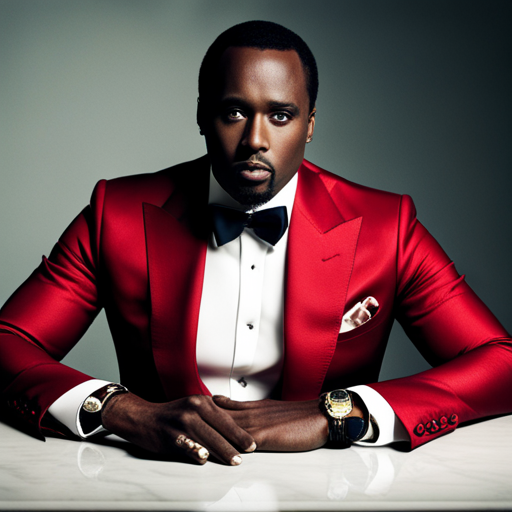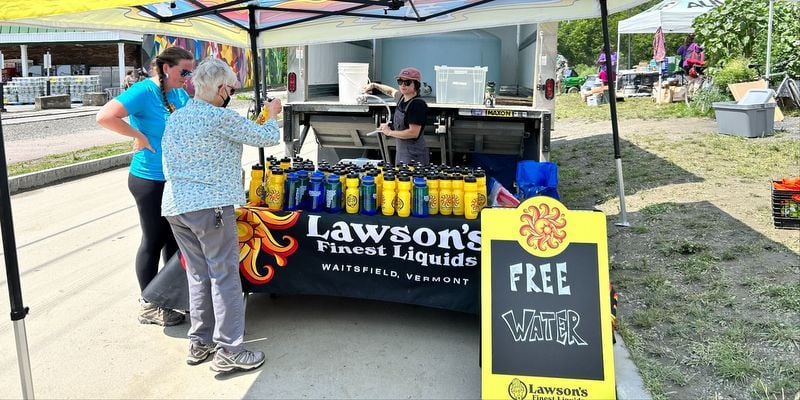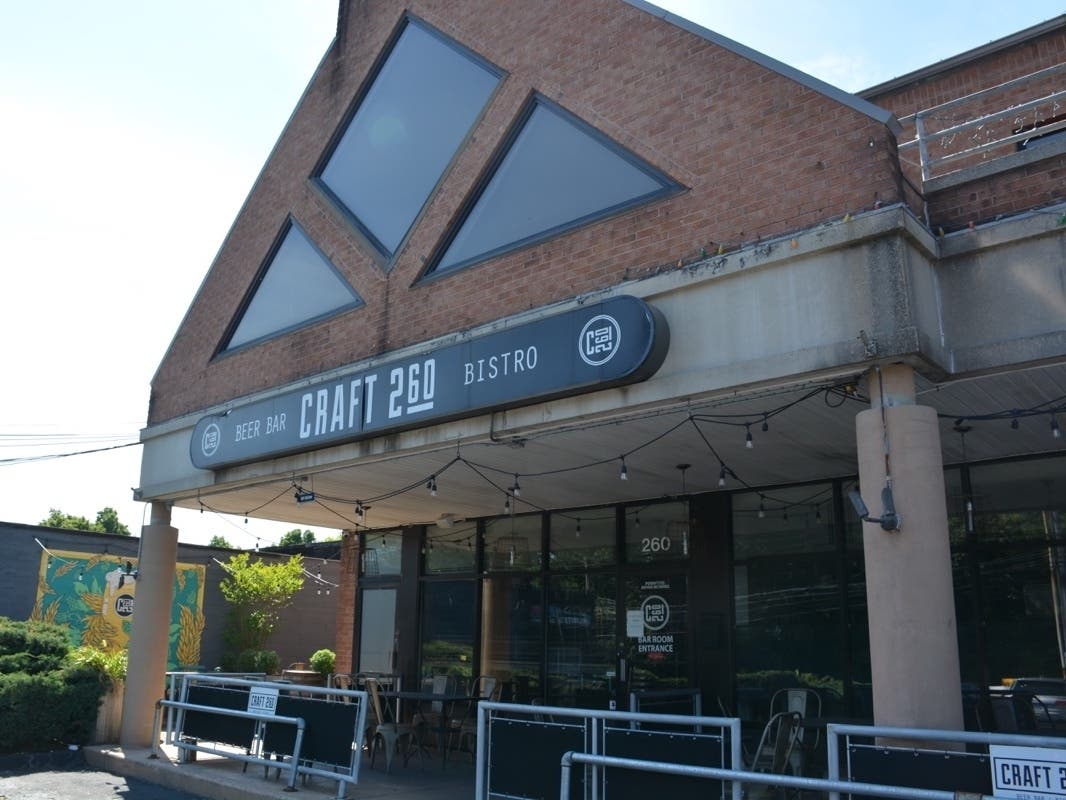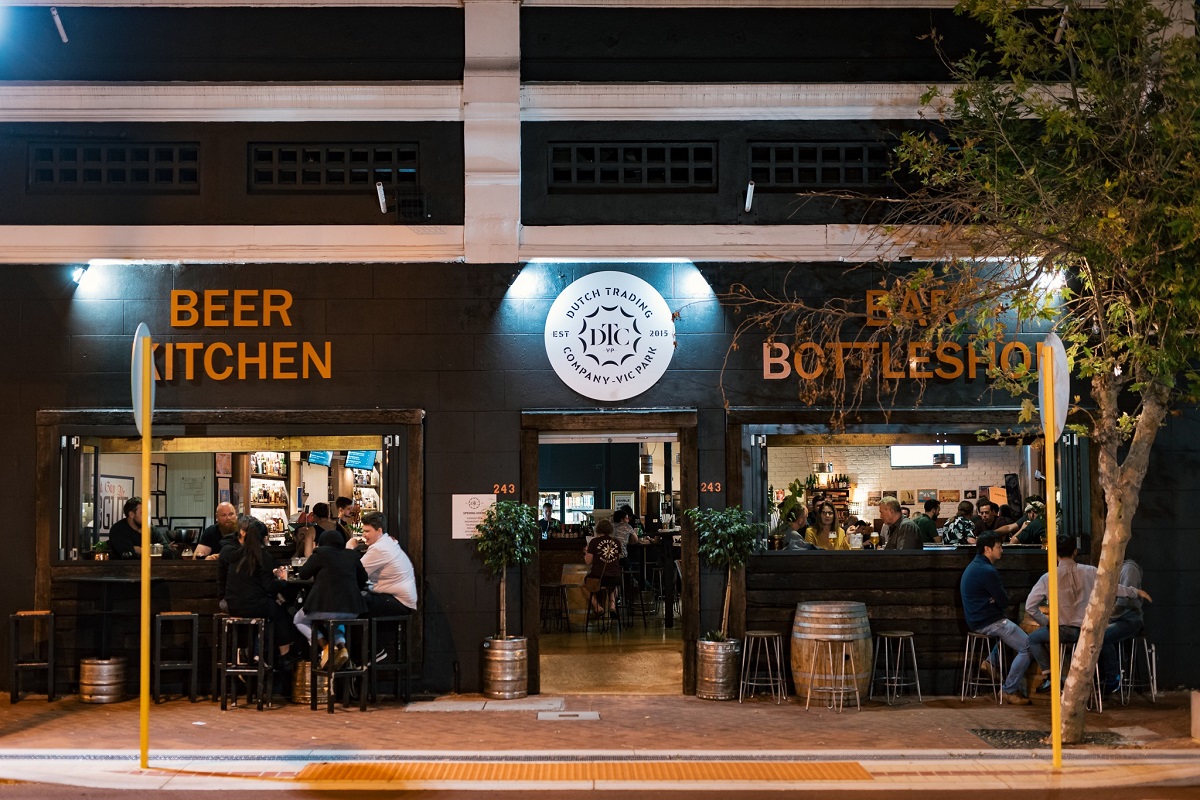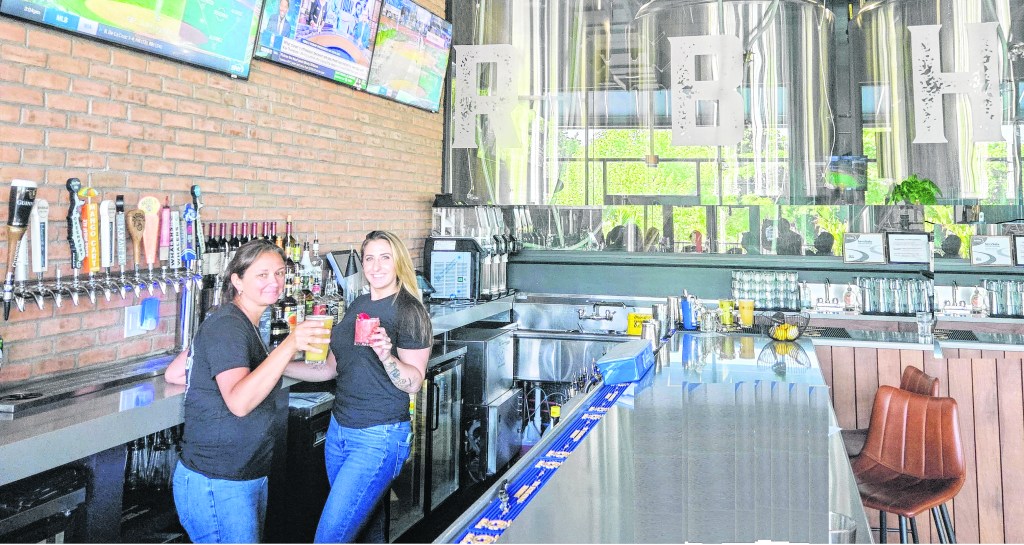What’s Happening with Diddy and Diageo?
The Lawsuit and Accusations
News has recently been spreading about rapper and mogul Sean “Diddy” Combs suing Diageo, a multinational alcoholic beverage company, over allegations of racial discrimination. Diddy and his business partner, hip-hop artist and entrepreneur Jay-Z, co-own the luxury vodka brand Ciroc, which is partly made and marketed by Diageo. The lawsuit accuses the company of failing to provide “marketing support and resources” for Ciroc, in contrast to how it promotes other brands it owns, such as Johnnie Walker and Smirnoff. Moreover, Diddy claims that he and Jay-Z were unfairly treated due to their race, and that Diageo had breached their contractual obligations.
The Background and Context
This is not the first time that Diddy and Diageo have had legal disputes or tensions regarding their partnership. The two parties have been working together for over a decade, with Diddy playing a significant role in the success and popularity of Ciroc among celebrities and consumers. However, they have also had disagreements over the terms of their contract, such as how much compensation Diddy and Jay-Z would receive from the brand’s sales and marketing efforts. In 2018, it was reported that Diddy and Diageo reportedly had talks to sell Ciroc, but the deal did not go through.
The current lawsuit also comes amid a larger climate of increased scrutiny and protests against racial discrimination and inequality, particularly in the wake of the Black Lives Matter movement. Many industries, including the beverage and alcohol sector, have faced criticisms for perpetuating racial biases and disparities in their products, services, and marketing strategies. In this context, Diddy’s accusations against Diageo may resonate with other people and groups who have experienced similar issues.
The Possible Impacts and Outcomes
It remains to be seen what the results of the lawsuit will be, and how it may affect Diddy, Jay-Z, Ciroc, and Diageo. Since the case was filed in New York, it will be subjected to state laws and regulations, which could vary depending on the specifics of the case. Diddy’s legal team has requested a trial by jury, which suggests that they will argue their claims in a public and formal setting. On the other hand, Diageo has denied the allegations and issued a statement expressing its commitment to diversity and inclusion.
Regardless of the eventual verdict, the lawsuit may have broader implications for the alcohol industry and its stakeholders. It could shed light on the ongoing challenges and opportunities for diversity and equity in the business world, especially in the context of collaborations between celebrities and corporations. It could also spark discussions and debates about the meaning and effects of cultural appropriation and representation in branding and advertising. And it could generate more attention and awareness about the power dynamics and social consequences of big brands and their dealings with minority groups.
